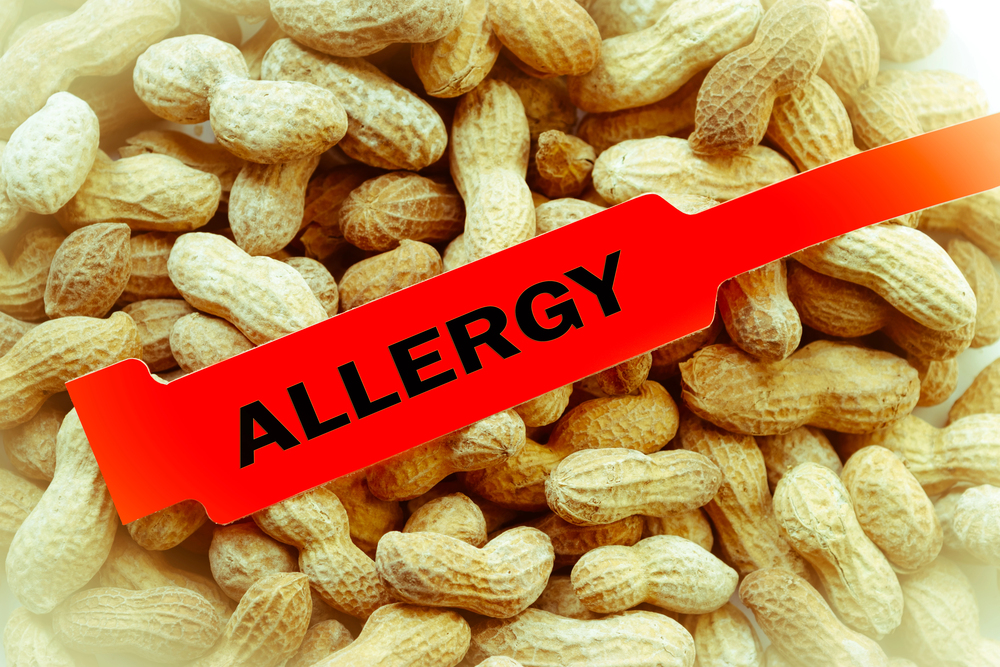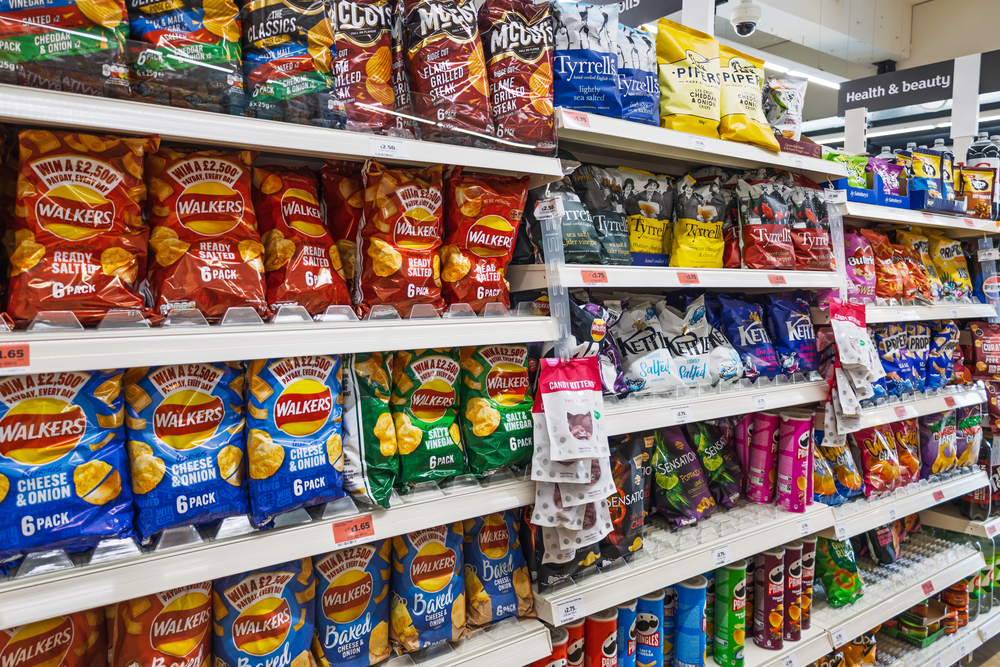
Ever wonder why a routine grocery store visit became a health hazard? For others and parents across Aldi, the spate of recent food recalls has rendered such questioning a harsh reality. From sneaky allergens to surprise contamination, 2025 has witnessed a spike in product recalls that extend well beyond a mere annoyance.

With increasingly more families balancing allergies and food sensitivities, the stakes are higher than ever before. This year’s recalls have highlighted just how vital it is to remain up to date and why inspecting those pantry staples prior to mealtime matters so much. Here’s what’s taking place, why it matters, and the actionable steps each Aldi customer needs to take at present.

1. Welby Vitamin B12: Undeclared Peanut Allergen In 37 States
The recall of Welby Vitamin B12 has caused waves of shock within the allergy community. Available in Aldi supermarkets nationwide in 37 states, this supplement was removed from the market after finding an undeclared peanut allergen. Even trace exposure to families coping with peanut allergies can result in severe reactions. As Dr. Sebastian Lighvani explained to Newsweek, “an allergic person can be exposed to something as benign as a small quantity of the food.and that activates the allergic reaction.” This recall highlights how important it is for consumers to double-check even non-food items for concealed allergens. Aldi is asking customers to return or destroy the product immediately for a full refund, safety being their top priority.

2. Casa Mamita Churro Bites: Undeclared Milk Allergen Gives Red Alerts
Sweet bites became a risk with the recall of Casa Mamita Churro Bites Filled with Chocolate Hazelnut Cream. Sold in 13 states, the bites had undeclared milk, a leading allergen. The FDA raised an alarm on the risk, alerting that for individuals with milk allergies, ingestion might initiate harmful reactions. No sicknesses have been reported yet, but the swift action by Aldi in providing full refunds and instructions shows a sense of responsibility towards consumer well-being. This accident brings out the need for careful food labeling and why parents of allergic kids should always search for recall news.

3. Atlantic Salmon Portions: Soy Allergen Surprise in Seafood
California, Nevada, and Arizona seafood consumers were notified in a surprise recall of Atlantic Salmon Portions with Seafood Stuffing due to undeclared soy. For those with allergies to soy, this is not a mere clerical mistake it’s a crisis. The Santa Monica Seafood product was detected by the FDA following regular testing. Although no diseases have been attributed to this recall, the incident serves as a harsh reminder that even seemingly healthy alternatives can contain deadly surprises. As both the FDA and Aldi emphasize, customers need to bring back recalled products for a refund and be ever-vigilant for new recall announcements.

4. Casa Mamita Chicken & Cheese Taquitos and Park Street Deli Pork Carnitas: Metal Contamination Concerns
Recalls are not only about allergens it’s what you can’t see that could be most harmful. This past spring, Aldi recalled Casa Mamita Chicken & Cheese Taquitos (31 states) and Park Street Deli Pork Carnitas (15 states) due to suspected metal contamination. Though no one was injured, the danger of consuming foreign material is significant, particularly among children. Aldi’s proactive recall, in partnership with suppliers and the FDA, is a clear signal that food safety is a top priority. Shoppers are urged to check UPC codes and best-by dates, and to discard or return any affected products immediately.

5. The Bigger Picture: Surge in Recalls Due to Labeling Errors and Allergen Omissions
Aldi isn’t alone in facing these challenges. The beginning of 2025 witnessed a surge in recalls among leading brands Frito-Lay, Nestlé, and Trader Joe’s included mainly for labeling mistakes and undeclared allergens. The FDA indicated that among 45 recalls, 21 were related to the lack of allergen information. Milk, peanuts, soy, and other major allergens are the typical culprits, compromising millions. Experts warn that even small mistakes in labeling can have enormous impacts on allergy families. While food companies tighten controls on quality and refine packaging procedures, consumers are urged to remain alert and knowledgeable.

6. What to Do If You Have a Recalled Product: Easy Steps for Aldi Customers
If you find a recalled product on your kitchen shelves or in your refrigerator, panic not Aldi has simplified the return process and made it stress-free. Customers are encouraged to bring affected products back to the store for a full refund, or safely discard them at home. For those who have experienced a reaction or illness after consuming a recalled product, the FDA’s MedWatch program is the go-to resource for reporting incidents. Staying up-to-date with Aldi’s recall page and FDA announcements is the best way to protect your family. As Aldi summarizes it, “our first priority is your safety and the safety of your family.”

7. Why Food Labeling and Consumer Awareness Are More Important Than Ever
The recent recalls are a call to action for manufacturers and consumers alike. Accurate labeling isn’t a box-checking regulatory nicety it’s a lifeline to families with allergies. Industry experts call on firms to re-examine packaging protocols and introduce tighter checks, with consumers urged to thoroughly scan labels and monitor recall notices. The growth in recalls is propelling constructive change, as manufacturers take a greater role in ensuring quality control and openness. In the end, being aware and taking the initiative is the best form of protection against latent food threats.

Food recalls may sound alarming, but they’re also a powerful reminder of how much control shoppers have when armed with the right information. Aldi’s transparent approach and swift action set a standard for the industry, but the real power lies with consumers who stay alert and advocate for their families’ safety. By reading labels, tracking recall lists, and having a clear idea of what’s in the pantry, every parent and consumer can convert a possible crisis into a moment of empowerment.


